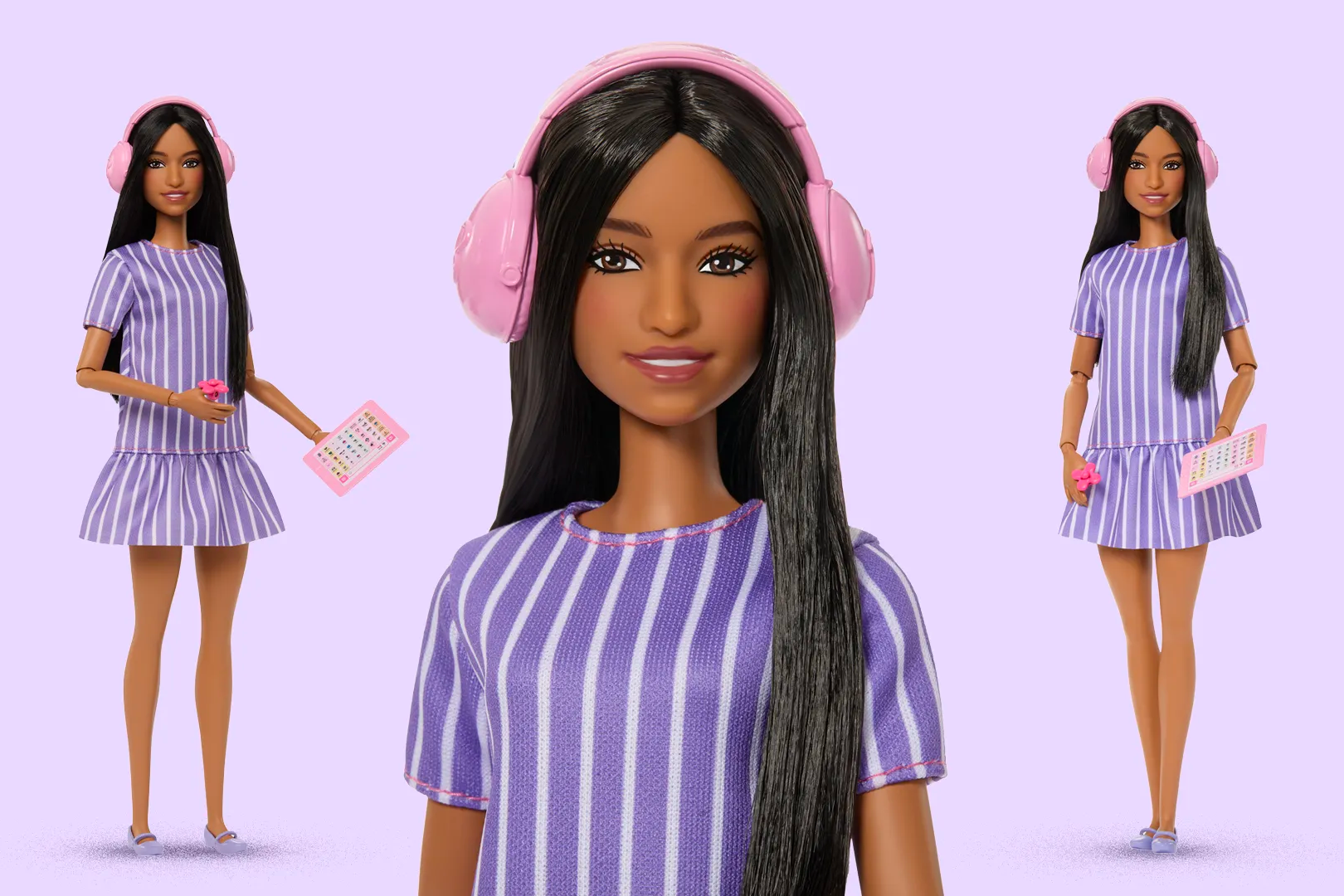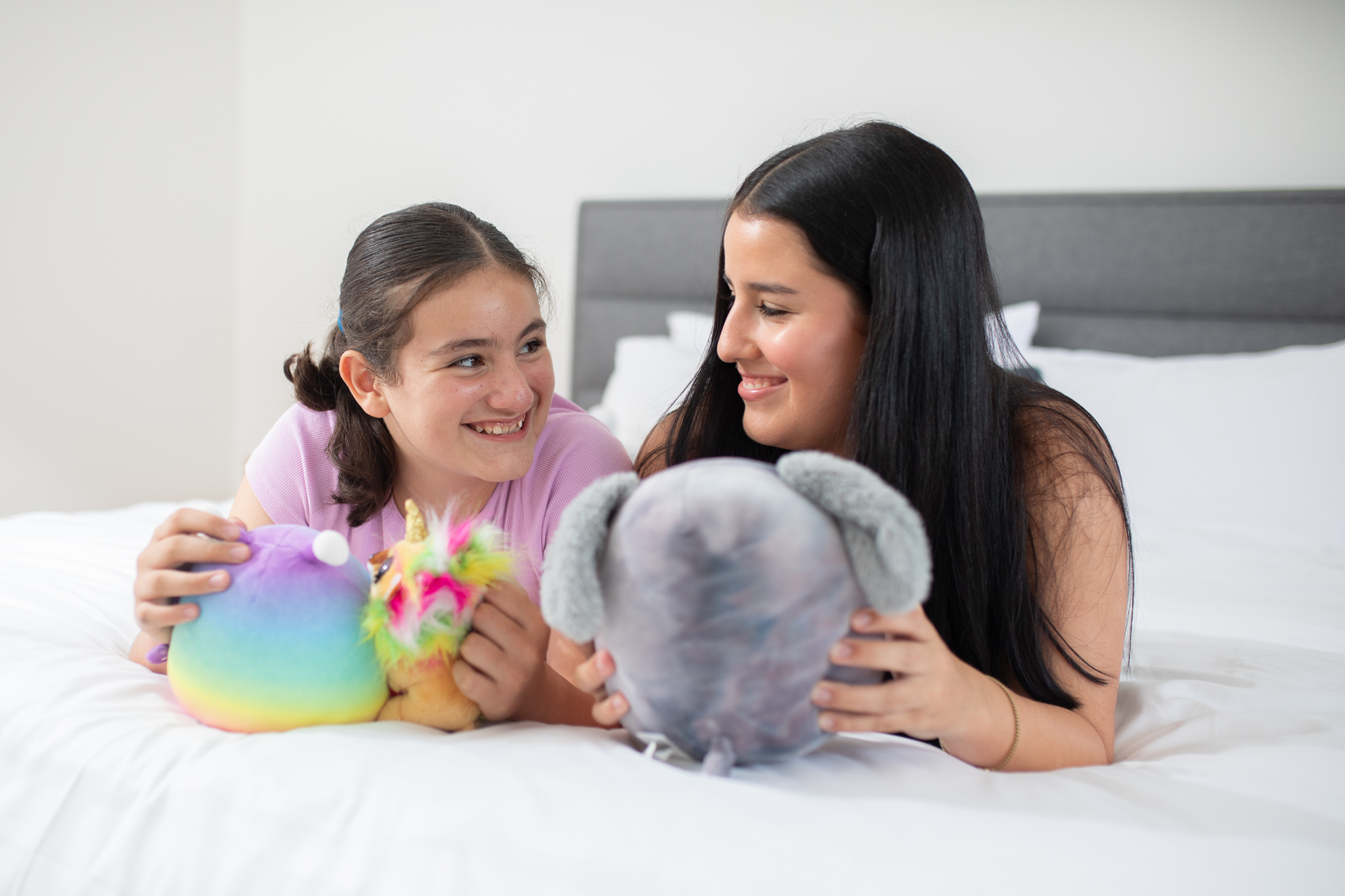Autism and early childhood education

Many families wonder about the role of early childhood education during the early intervention years.
The importance of early intervention is well known, but families are also aware of the importance of early childhood education for a child’s social skill development and for learning in their natural environment. There are also the very practical issues of parents needing care for their children whilst they work.
In fact, both early intervention and early childhood education are important for young children. Whilst it's not a substitute for specialised and individualised early intervention, early childhood education is important in its own right. Early childhood education and early intervention can complement each other.
Most early childhood educators in Australia will have experience of children with autism. It is not unusual to find one in almost every room in the centre. They will also have experience of children with other developmental delays and disabilities. For early learning centres, it is best practice to have early childhood inclusion for children with disabilities and additional needs.
The key to a happy and successful early learning experience is developing a partnership between the different people involved in your child’s health and wellbeing. Try to foster and encourage a positive and supportive communication channel between your early intervention therapists and your early learning centre.
The goal is growing your child’s skills, so they can develop and increase their ability to learn - always keep this thought at the centre of your decision making. When new skills are learned in early intervention it is ideal to then practise them in early learning settings and at home. Working together will increase the speed of the child’s learning.
It is advisable to work with your child’s educators to implement a strategy for sharing information. Many centres use interactive software that allows you and the educators to communicate effectively. Although you could also do it the old-fashioned way and have a conversation! Simply being with crowds of children and learning to listen to a teacher are crucial skills that can be most easily learned in an early learning setting.
If your child does need extra help, there is extra government funding available to assist your early learning centre. The Inclusion Support Program funds approved child care services, including out of school hours and holiday programs, to include all children in their programs, even children with high support needs. Click here for more information on other funding.
It is very important that your family feels welcome in your early learning setting. You do not need to feel grateful that an early learning centre will take your child who now has a diagnosis of autism. This is part of what early childhood educators do. The learning and inclusion of all children in these settings benefits all of the children and society as a whole. Finding a centre that wants to partner with you to help your child reach their potential and to transition to school is an important part of your early intervention journey.
For more information visit the early childhood education information on our website or the early intervention section of our free digital toolkit Autism: What Next?






